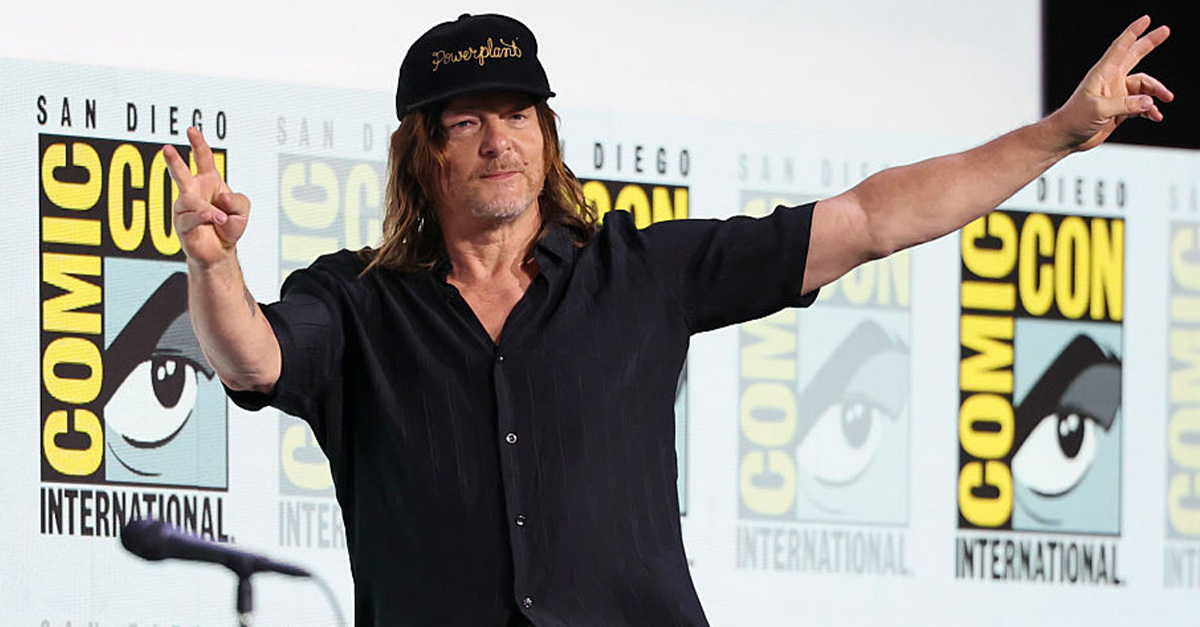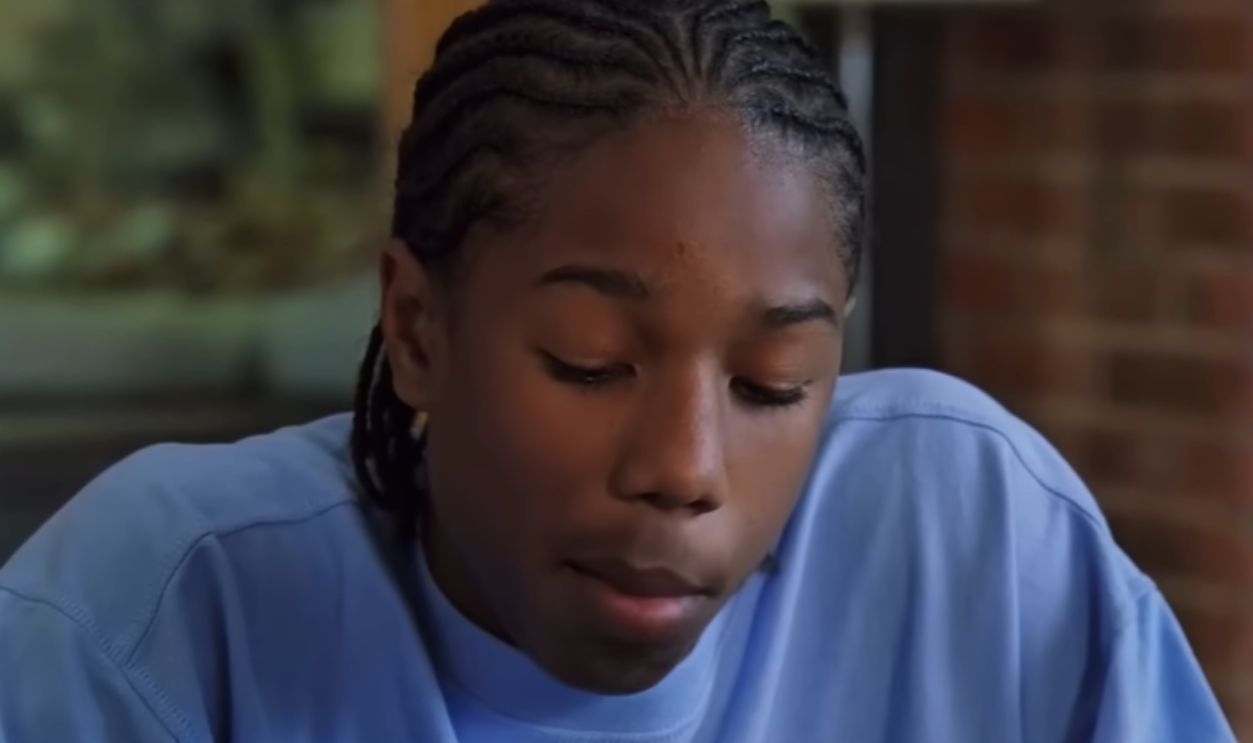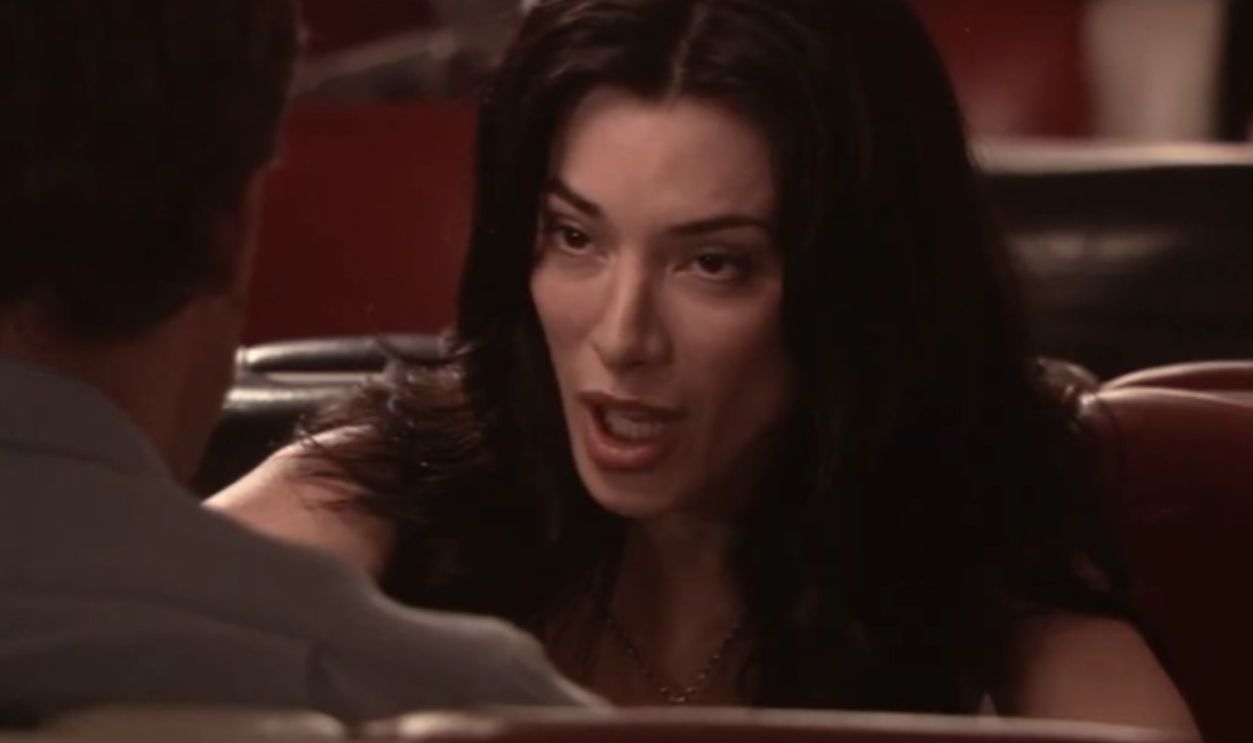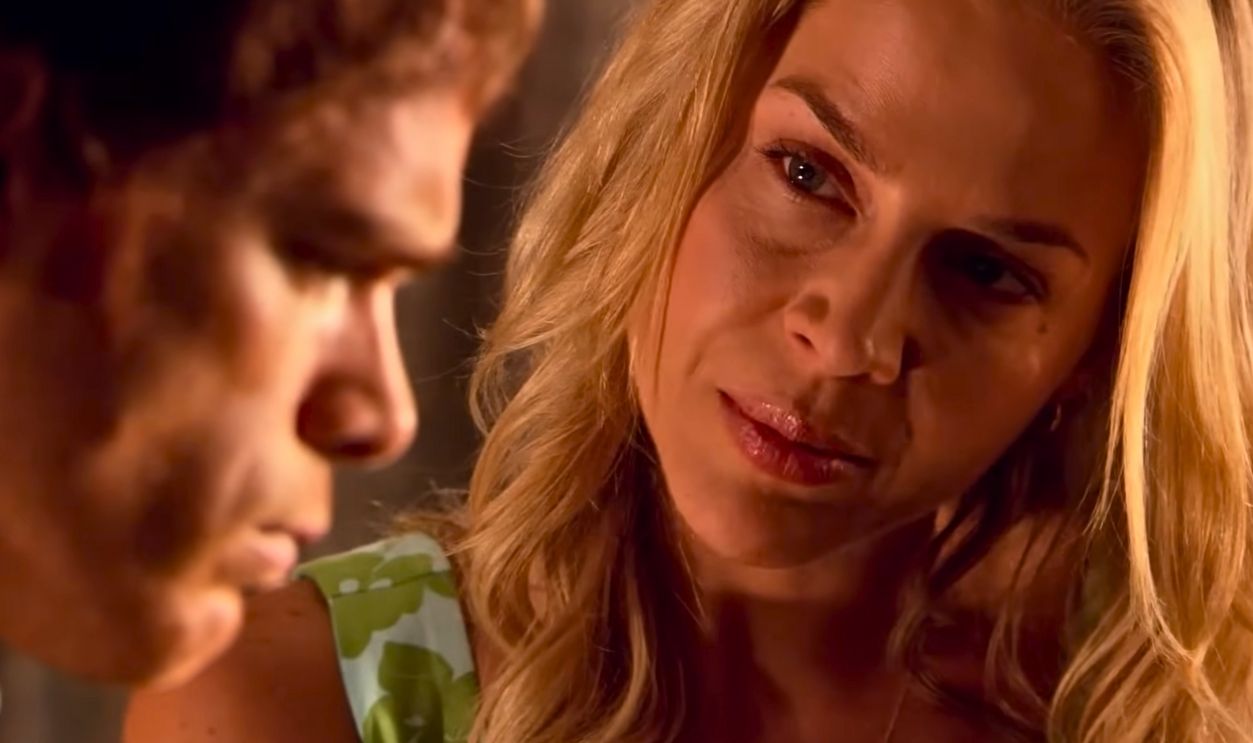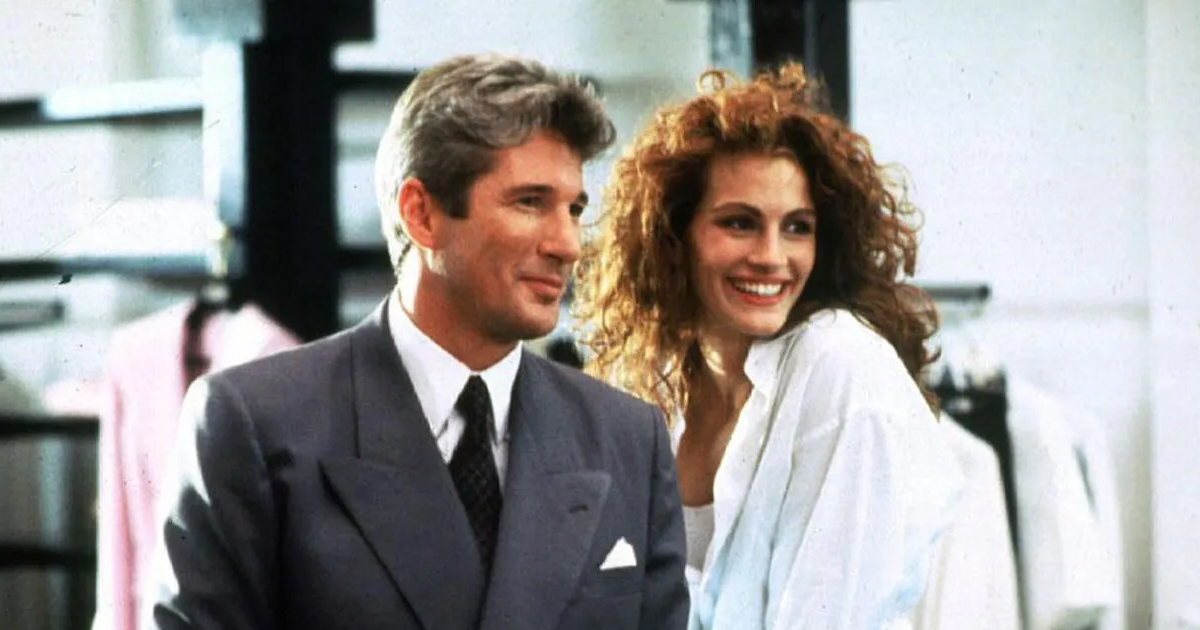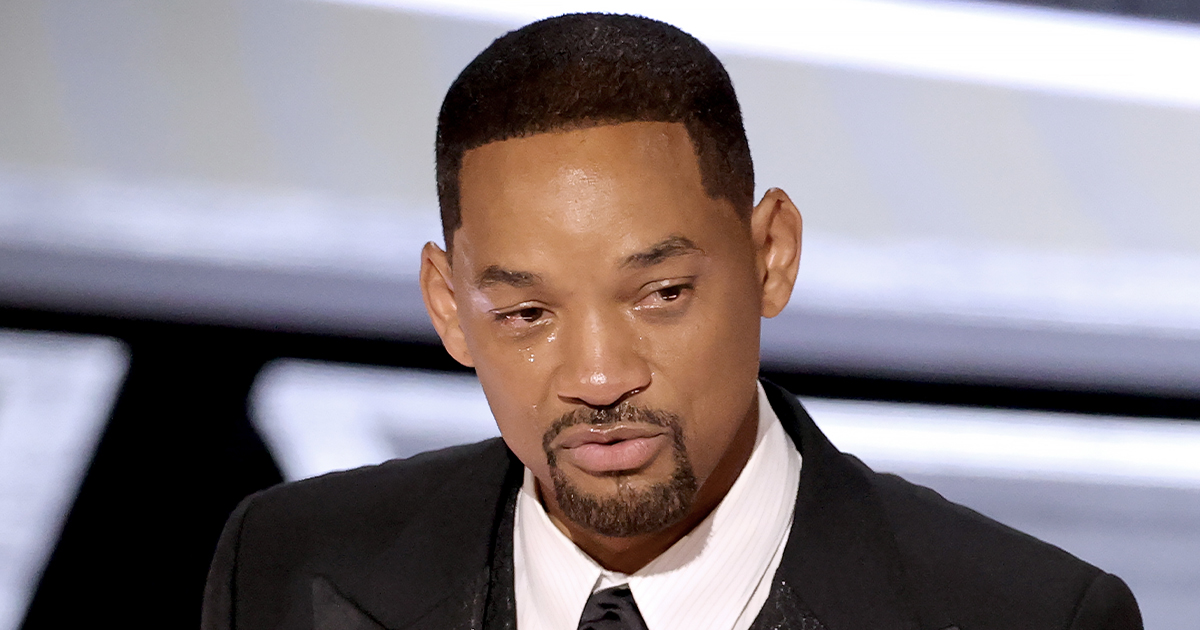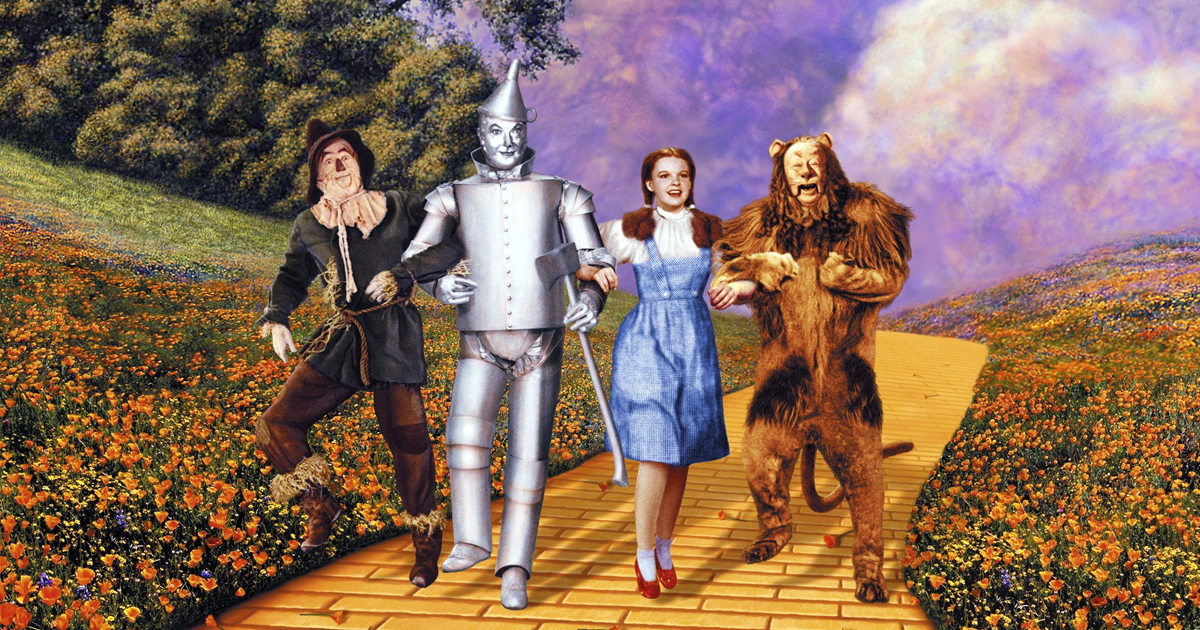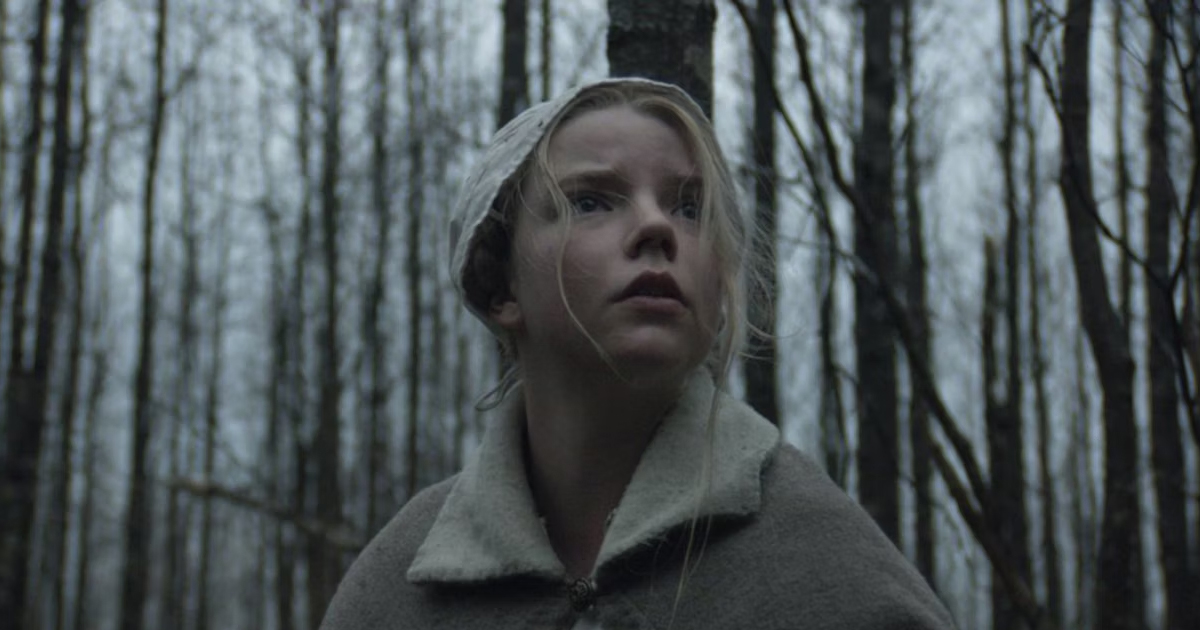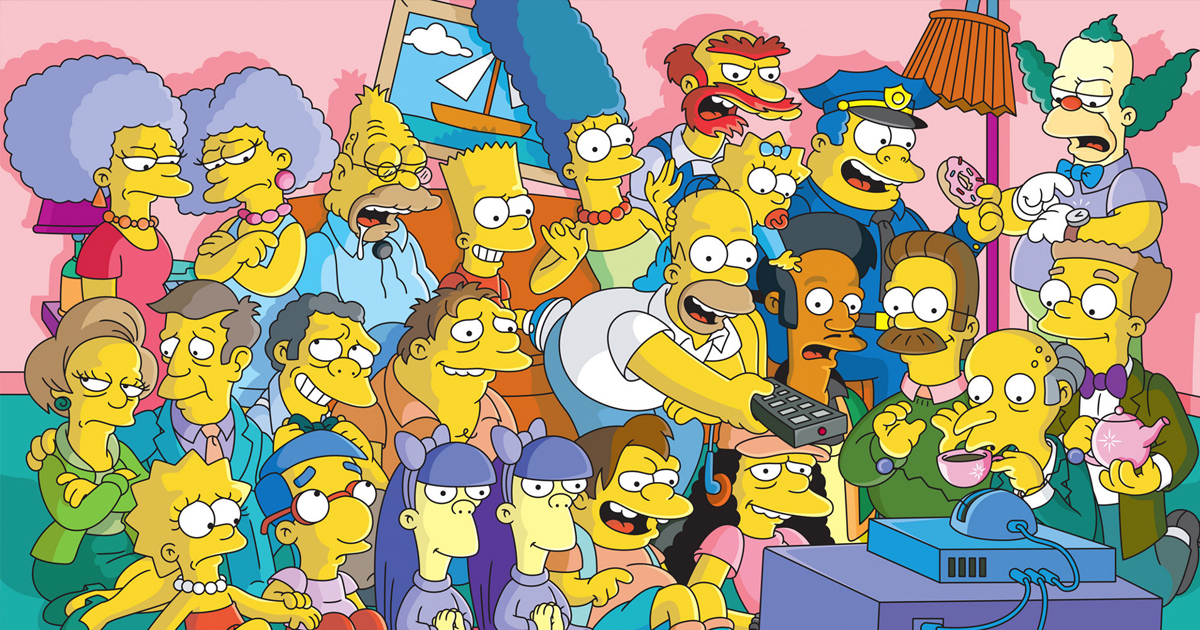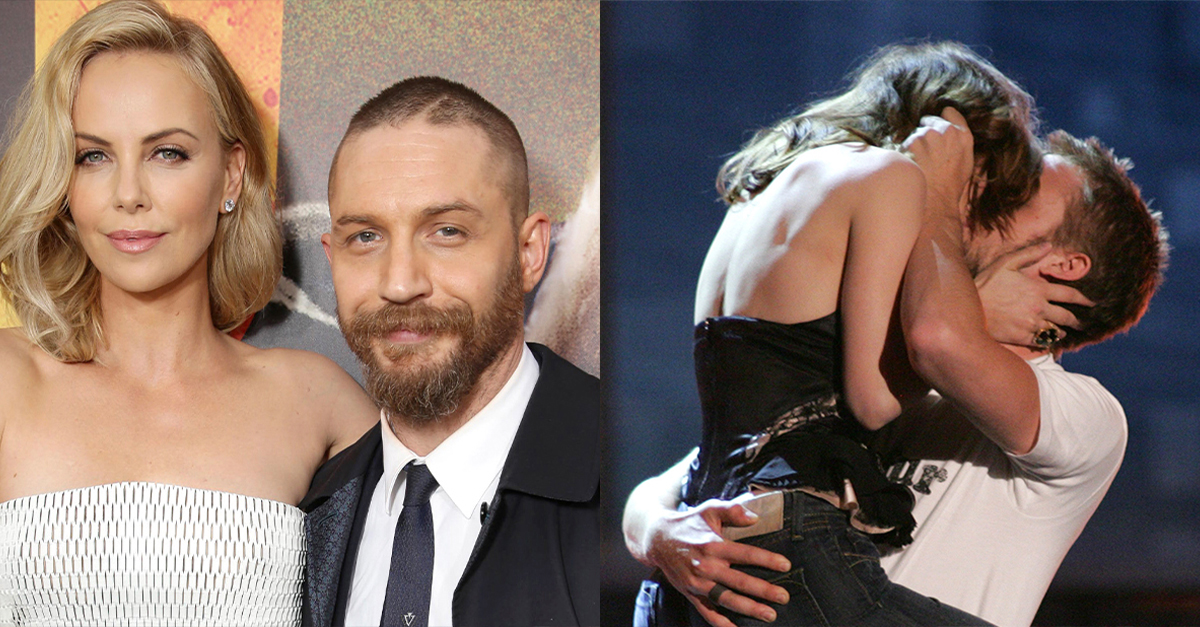These Secondary Characters Stole Our Hearts, Then Ripped Them Out When They Left
Sometimes it’s not the leading stars that break our hearts—it’s the characters on the sidelines who quietly become the soul of a show. When these secondary figures disappear, whether through death, recasting, or abrupt goodbyes, audiences are often left fuming. These are the 25 TV side-character exits that hurt more than we ever expected, leaving fans with tears, tweets, and petitions begging for more.
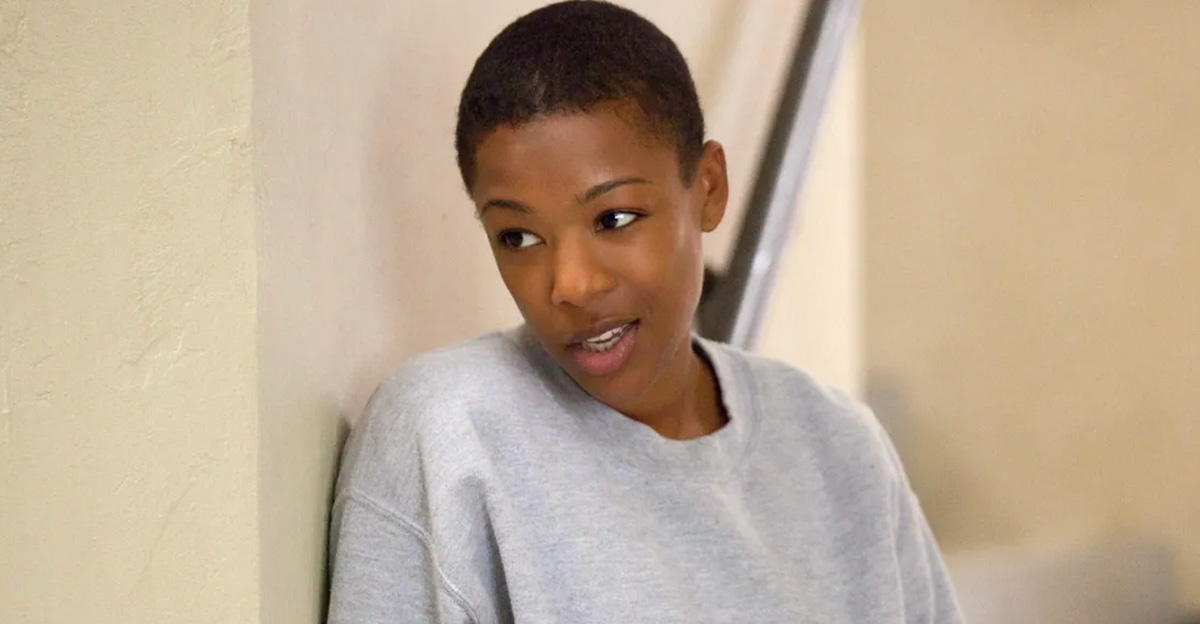
Eddie Munson – Stranger Things
Eddie came roaring into Season 4 with heavy-metal charisma and a heart of gold. By the finale, his heroic self-sacrifice left fans devastated and furious. His death felt senseless—especially when justice and closure for Hawkins’ misunderstood rocker never came, robbing viewers of the redemption arc he truly deserved.
 Netflix, Stranger Things (2016–)
Netflix, Stranger Things (2016–)
Tara Maclay – Buffy the Vampire Slayer
Tara’s gentle presence grounded Willow’s chaos, and her shocking death felt cruelly abrupt. Beyond heartbreak, fans saw it as a betrayal of one of TV’s most beloved LGBTQ+ couples. Her sudden exit marked a painful turning point, both for Willow’s darkness and for a fandom that never quite forgave the writers.
 20th Century Fox, Buffy the Vampire Slayer (1997–2003)
20th Century Fox, Buffy the Vampire Slayer (1997–2003)
Glenn Rhee – The Walking Dead
Glenn’s death was devastating not only for his wife Maggie but for everyone who had grown to love his optimism and moral compass. The brutal nature of his exit in the Season 7 premiere still fuels debates about how far is too far for shock value—and whether the show ever truly recovered afterward.
 AMC, The Walking Dead (2010-2022)
AMC, The Walking Dead (2010-2022)
Derek Shepherd’s Death Felt Tragic—But Lexie Grey’s Was Worse – Grey’s Anatomy
While Derek’s car crash tore at viewers’ hearts, many fans insist that Lexie Grey’s unexpected demise hurt even more. The once-awkward intern had grown into a bright, beloved figure—her death beside Mark Sloan felt unnecessarily cruel and narratively wasteful, a double blow for fans still clinging to hope for happiness.
Ben Wyatt Almost Leaving Pawnee – Parks and Recreation
Ben technically didn’t die, but his brief departure to Washington D.C. left fans uneasy. His chemistry with Leslie Knope was so integral that even a temporary absence felt like losing a piece of the show’s heart. For a sitcom built on joy and teamwork, his absence hit surprisingly hard and emotional.
 NBC, Parks and Recreation (2009–2015)
NBC, Parks and Recreation (2009–2015)
Poussey Washington – Orange Is the New Black
The raw, gut-wrenching death of Poussey wasn’t just heartbreaking—it mirrored real-world injustice. The scene ignited outrage and mourning across the fandom, proving how deeply a “supporting” character could resonate. Her warmth and humor made her loss unbearable, and her death reshaped the show’s tone forever after that haunting moment.
 Netflix, Orange Is the New Black (2013–2019)
Netflix, Orange Is the New Black (2013–2019)
Brian Griffin – Family Guy
When the Griffin family dog was suddenly killed off in a car accident, fans lost it. The outrage was so intense that the writers brought him back two episodes later. Turns out, a talking dog can leave a bigger hole than most humans—especially one with sarcasm, charm, and surprising emotional intelligence.
Jimmy Darmody – Boardwalk Empire
Jimmy’s complex, tormented journey was arguably the show’s emotional core. When Nucky executed him at the end of Season 2, viewers were stunned into silence. His tragic exit stripped Boardwalk Empire of its heart and promise, and many argue it never fully recovered its momentum or soul after losing him.
 HBO, Boardwalk Empire (2010-2014)
HBO, Boardwalk Empire (2010-2014)
Lane Pryce – Mad Men
Lane’s tragic end hit harder than many main character arcs. His quiet despair and Don Draper’s cold handling of the aftermath created one of television’s most haunting exits—proof that not every heartbreak comes from romance, and sometimes, it’s the quiet, defeated characters who shatter us the most completely.
Joyce Summers – Buffy the Vampire Slayer
Buffy’s mom wasn’t a warrior or witch, but her death episode, “The Body,” remains one of TV’s most devastating hours. Her passing reminded viewers that even in a world of monsters, real death is the scariest of all. It grounded Buffy’s universe in grief, making the supernatural suddenly feel painfully human.
 Disney–ABC Domestic Television, Buffy the Vampire Slayer (1997–2003)
Disney–ABC Domestic Television, Buffy the Vampire Slayer (1997–2003)
Shireen Baratheon – Game of Thrones
Shireen’s innocence and intellect made her burning at the stake unbearable. Even in a series famous for shocking deaths, her demise crossed a line that many fans—and even cast members—couldn’t stomach. Her screams lingered as one of Thrones’ darkest, most morally disturbing moments, marking a breaking point for many loyal viewers.
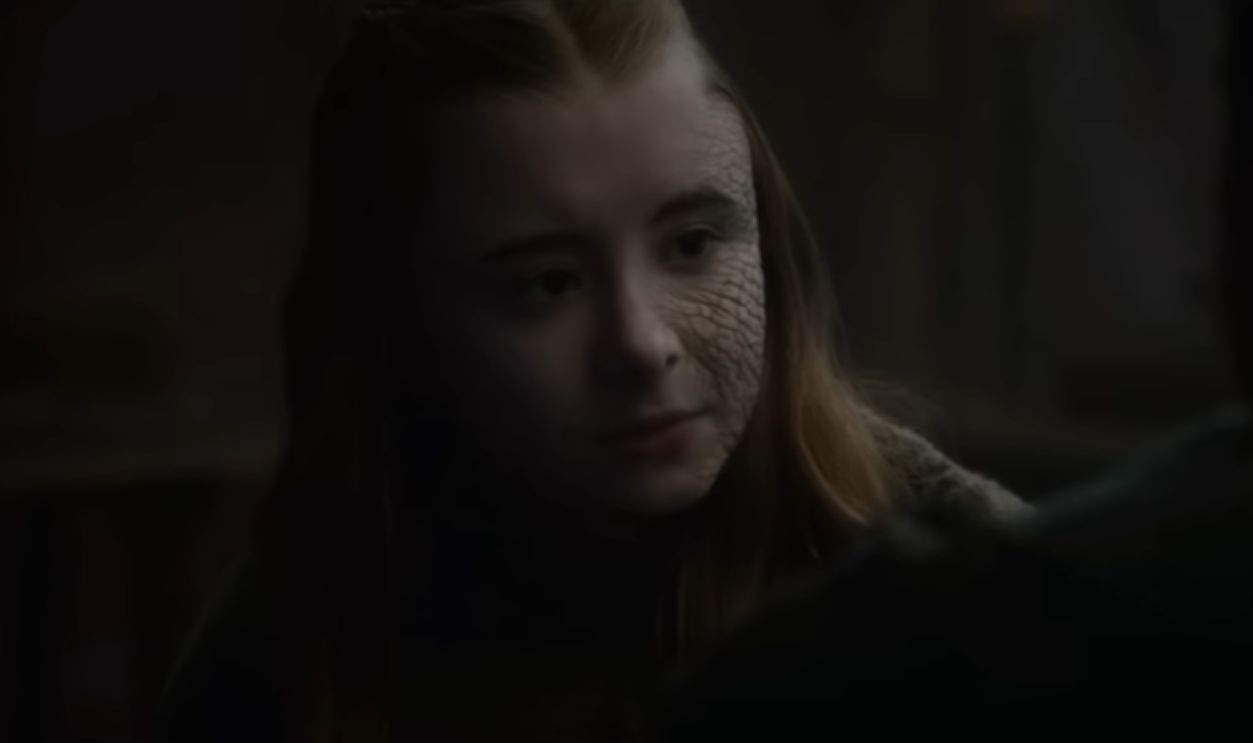 HBO, Game of Thrones (2011–2019)
HBO, Game of Thrones (2011–2019)
Coach Taylor’s Team Loses Smash Williams – Friday Night Lights
When Smash left Dillon, it wasn’t a tragedy—it was just too soon. His character represented ambition, class struggle, and heart. Watching him go off to college felt like watching the heart of the Panthers walk out the door. His exit carried pride, but it still stung deeply for longtime fans.
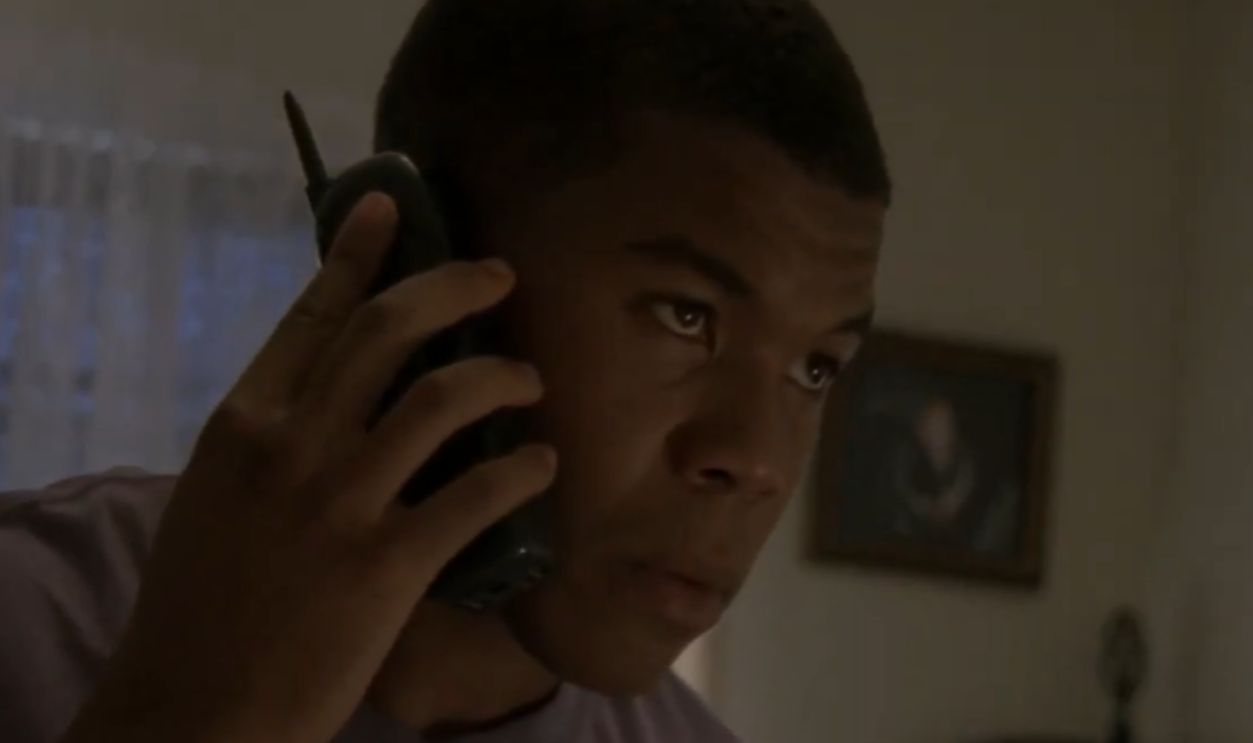 NBC, Friday Night Lights (2006–2011)
NBC, Friday Night Lights (2006–2011)
Zoe Barnes – House of Cards
Zoe’s abrupt demise in the first episode of Season 2 shocked fans who thought she’d become a central player. Her death at Frank Underwood’s hands signaled that no one—not even the smartest journalist—was safe. It was bold television, sure, but it left viewers furious and mourning what could have been.
 Netflix, House of Cards (2013–2018)
Netflix, House of Cards (2013–2018)
Michael Cordero Jr. – Jane the Virgin
Michael’s death midway through the series—and later “revival”—was one of TV’s biggest emotional roller coasters. Fans felt betrayed when his seemingly happy ending with Jane was torn apart, proving no telenovela twist is too cruel. His absence changed the show’s entire emotional landscape for seasons afterward, sparking endless debate.
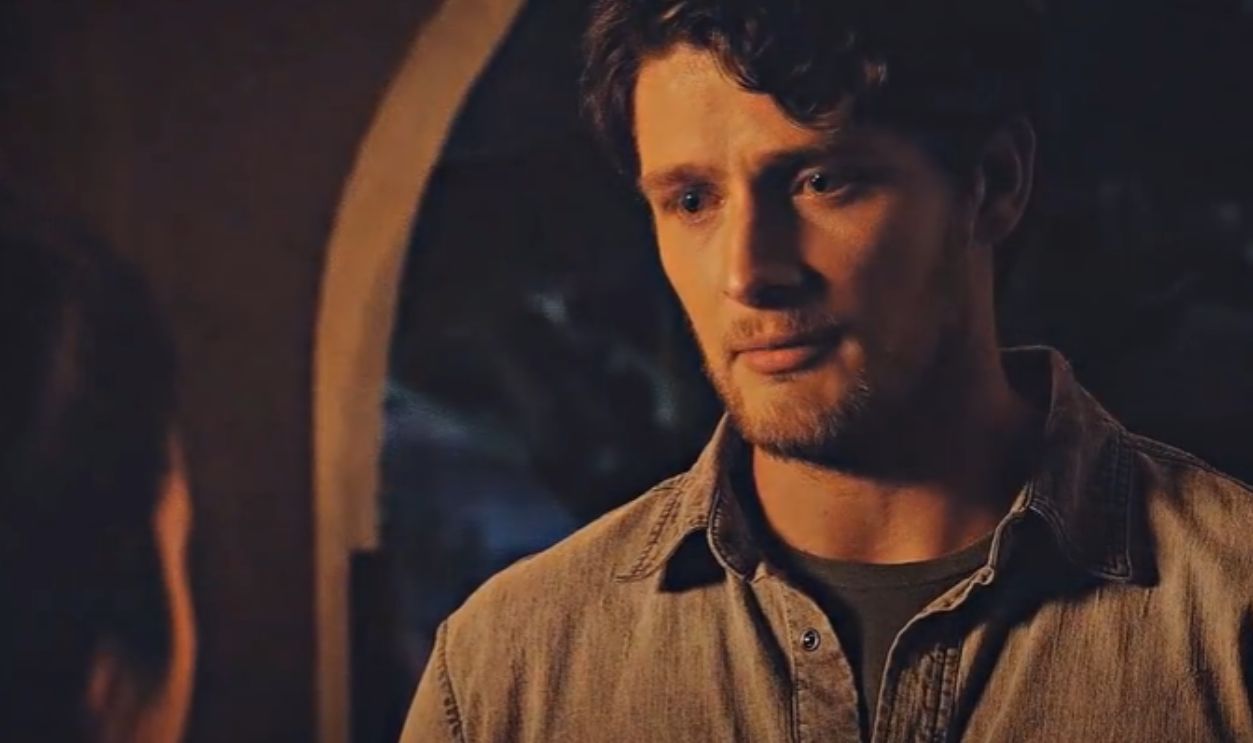 The CW, Jane the Virgin (2014–2019)
The CW, Jane the Virgin (2014–2019)
Kutner – House, M.D.
Kal Penn’s sudden departure shocked viewers both in- and out-of-universe. Kutner’s suicide was handled quietly and abruptly, and House’s inability to explain it made the loss feel painfully real. The episode’s silence spoke volumes, leaving fans shaken by a character death that hit closer to real life than fiction.
Wallace – The Wire
Wallace wasn’t a main player, but his murder remains one of television’s most gut-wrenching moments. The young dealer’s death symbolized the collapse of innocence within the harsh world of Baltimore’s streets. Played by a young Michael B. Jordan, Wallace’s story was short but unforgettable—pure tragedy wrapped in quiet authenticity.
Allison Argent – Teen Wolf
Allison’s death felt both heroic and unfair. As one of the show’s original characters—and its emotional core—her absence left a gaping wound that Teen Wolf never fully healed, even with later resurrections and spin-offs. Her death proved that sometimes, growing up means watching your favorite heroes fade too soon.
Marissa Cooper – The O.C.
When Marissa’s car crash aired in 2006, fans were stunned. Her complicated, rebellious nature made her a lightning rod, but few expected her to actually die. The show limped on, but it never recaptured its golden-era spark. Even years later, the sound of “Hallelujah” still brings that scene flooding back.
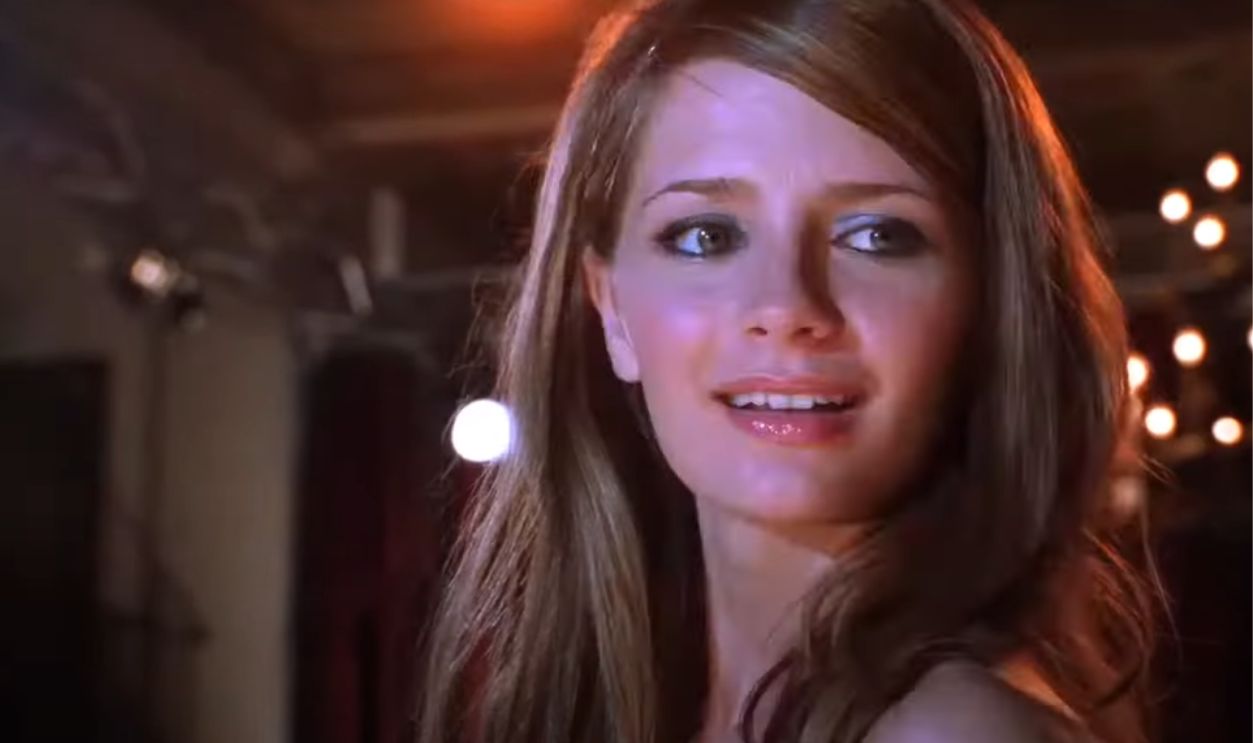 Warner Bros., The O.C. (2003-2007)
Warner Bros., The O.C. (2003-2007)
Tricia Miller – Orange Is the New Black
Before Poussey’s death rocked the world, Tricia’s early demise quietly broke hearts. Her overdose storyline felt raw and human, showing that even minor inmates could carry massive emotional weight. Her loss revealed the series’ ability to make viewers mourn people society often overlooks—those who simply wanted a second chance.
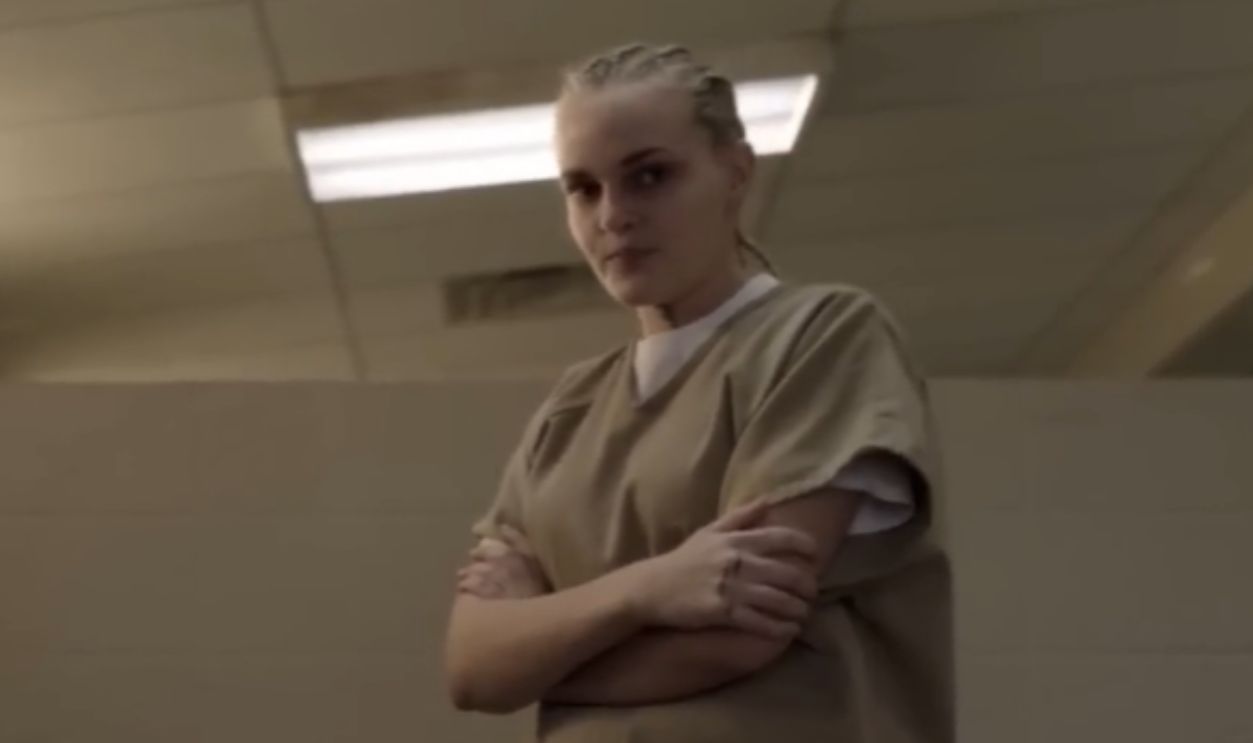 Netflix, Orange Is the New Black (2013–2019)
Netflix, Orange Is the New Black (2013–2019)
Donna Clark – Halt and Catch Fire
Donna didn’t die, but her separation from Cameron and Gordon’s storyline in the later seasons created emotional fallout that felt like a breakup. The show’s portrayal of women in tech lost part of its grounding soul. Her bittersweet journey was beautifully human, and her quiet loneliness stung even more deeply.
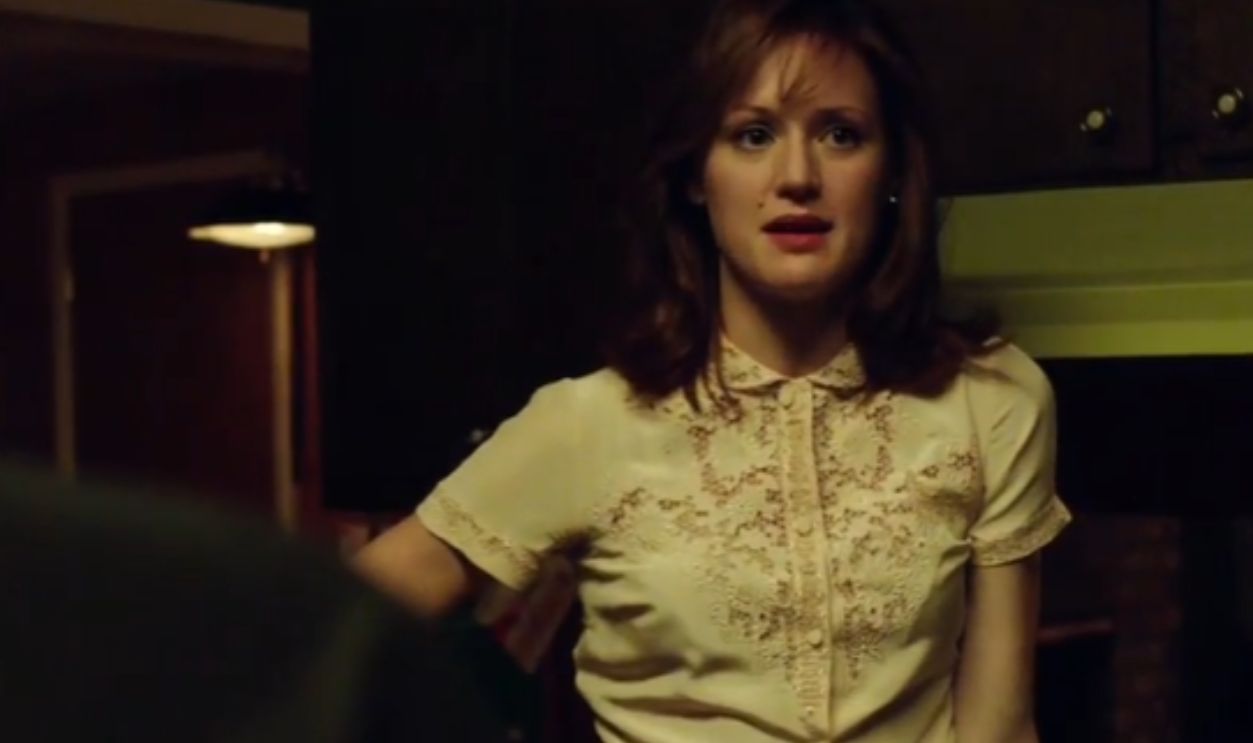 AMC Networks, Halt and Catch Fire (2014–2017)
AMC Networks, Halt and Catch Fire (2014–2017)
Lila West – Dexter
Dexter’s Season 2 love interest, played by Jaime Murray, was chaotic, passionate, and deeply human. Her violent end felt inevitable—but it still left viewers weirdly mourning one of TV’s most magnetic antagonists. Lila brought chaos and emotion to Dexter’s world, and her fiery exit burned her memory into fans’ minds.
Hershel Greene – The Walking Dead
Hershel was the moral anchor of The Walking Dead, and watching him die in one of the series’ most shocking moments cut deep. His calm decapitation mid-speech still haunts fans years later. It was a brutal reminder that kindness often meets the harshest fate in the apocalypse’s relentless cruelty.
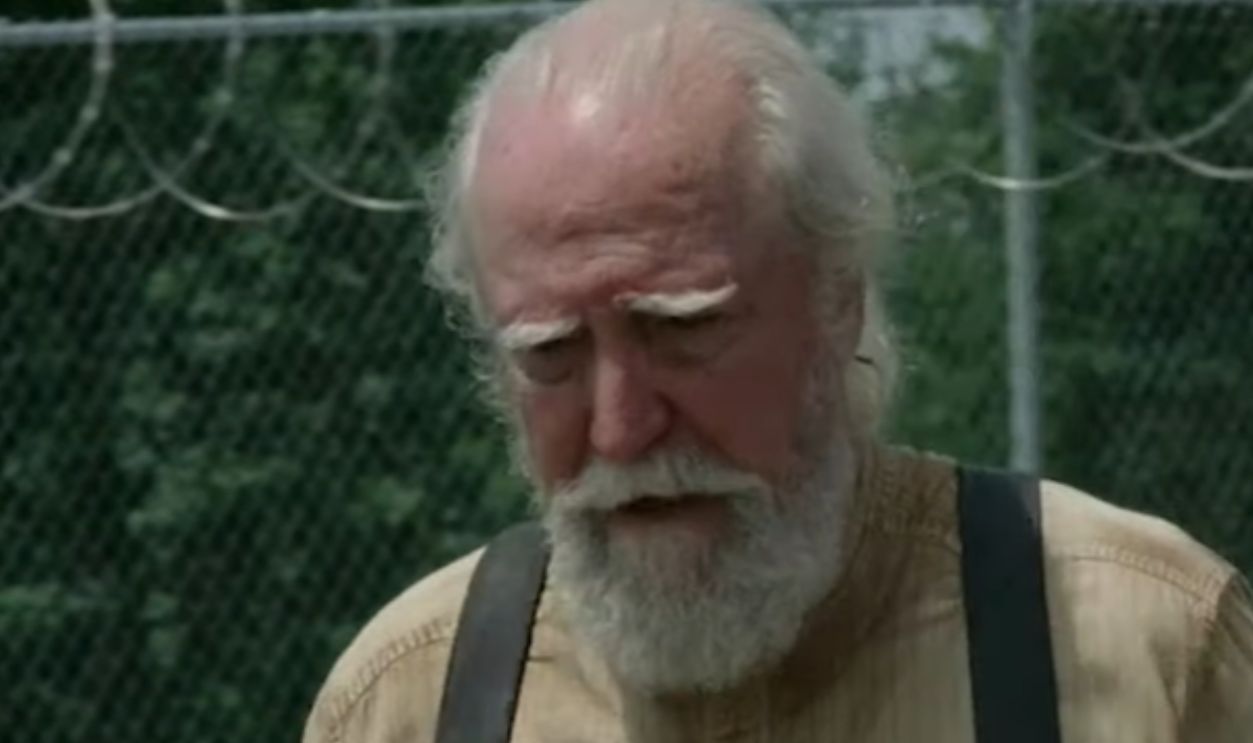 AMC, The Walking Dead (2010–2022)
AMC, The Walking Dead (2010–2022)
Eric Matthews Almost Vanishing – Boy Meets World
Eric never died, but his slow fade from a dimensional character into comic relief felt like a loss. Fans who loved his warmth and growth in early seasons mourned the version of him that disappeared. What began as a coming-of-age arc ended in silliness, leaving longtime viewers nostalgic and disappointed.
 ABC, Boy Meets World (1993–2000)
ABC, Boy Meets World (1993–2000)
Adriana La Cerva – The Sopranos
Adriana’s betrayal and execution were both inevitable and unbearable. Her loyalty and fear made her one of the show’s most tragic figures, and the way she vanished—offscreen, in silence—still enrages fans. Her death represented the human cost of mob life more powerfully than any gunfight or revenge plot ever could.
Nate Fisher, Jr. – Six Feet Under
While technically a main character, Nate’s spiritual exit felt secondary to the family’s arc—and yet it gutted everyone. His death triggered the series’ unforgettable final sequence, leaving audiences crying through the credits. It was television’s rare moment of closure that still managed to feel painfully open and profoundly human.
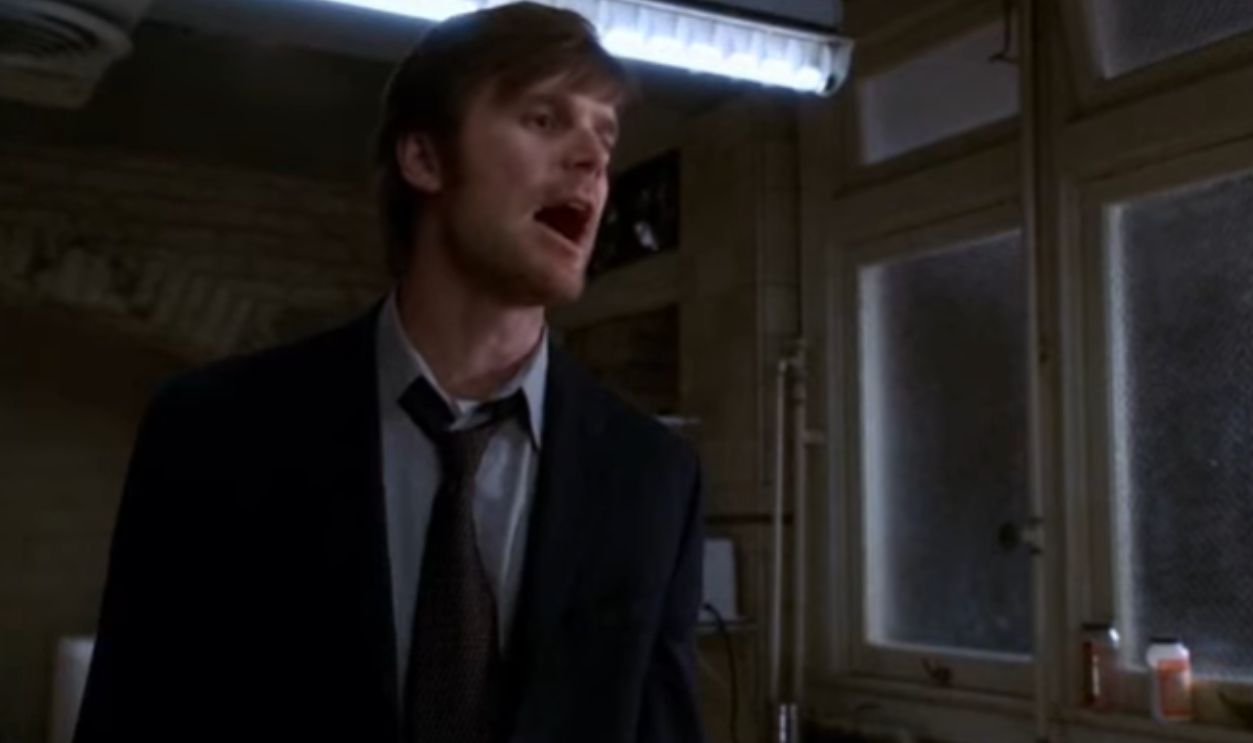 HBO, Six Feet Under (2001–2005)
HBO, Six Feet Under (2001–2005)
Rita Bennett – Dexter
Rita’s shocking murder by the Trinity Killer ended Season 4 on a note of devastation. She was the fragile hope of Dexter’s humanity, and her loss reshaped the entire tone of the series. Her death didn’t just hurt—it completely redefined what fans thought the show was capable of emotionally delivering.
When Supporting Casts Steal Our Hearts
These exits prove that television magic often lies not in the leads, but in the world built around them. Secondary characters make stories feel lived-in, real, and unpredictable. When they vanish, we’re left reeling—because sometimes, it’s not the hero’s fate we care about most, but the friends they lost along the way. Their absences remind us that supporting characters often do the heaviest emotional lifting.
 Fox, Family Guy (1999–present)
Fox, Family Guy (1999–present)
You May Also Like:
Songs That Completely Defined Political Movements
How Pierce Brosnan Lost Everything He Loved

